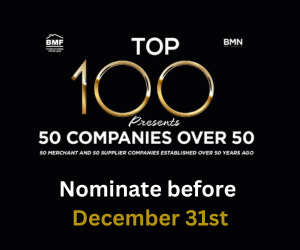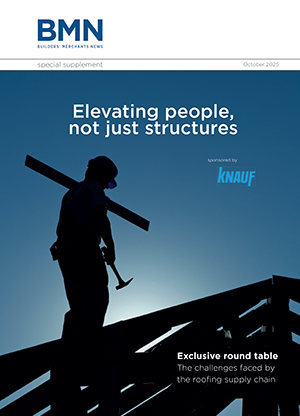With rapid industrialisation, waste management technologies today are dramatically evolving. Companies are under constant pressure to optimize their waste management and enhance their environmental bottom line. This has led to rewarding business opportunities in waste management and companies can take advantage of this.
The first thing to do is to know what kind of waste can be used and how. For this, you need to know the different kinds of wastes. Solid wastes are generally more reusable as compared to liquid wastes, and hence bring more business. So let’s have a look at various kinds of solid wastes.
The three major kinds are:
- Domestic – Garbage and rubbish from individuals and households
- Commercial – Waste from business places such as restaurants and offices.
- Industrial – Mostly production waste from manufacturing facilities and processing plants.
Other kinds include agricultural waste, hazardous waste, healthcare and electronic waste. Mentioned below are various ways this waste can be converted to profits:
- Collecting, processing and recycling – Waste collectors get paid to collect waste. They then sell it to processing plants. However, waste collectors might need to register with the local authorities before starting the service. Recycling waste is also a lucrative business as recycled products are in much demand.
- Inorganic waste processing – Inorganic waste includes garbage that cannot decay. This comprises rubber, glass, metal, plastics and textiles waste. After sorting and cleaning the waste, it is processed in plants.
- Organic waste processing – The organic waste comprises trash that is biodegradable, which can decay naturally. This includes animal waste, vegetable market waste etc. This is generally processed by the Compost businesses. Under controlled conditions the waste undergoes composting, from which compost is derived. Compost is a much cheaper alternative to expensive chemical fertilizers and is rich in several essential nutrients.
- Injection moulding for plastic waste – Injection moulding is a simple manufacturing technique used to convert shredded and melted plastic into durable products. These products are generally sold at almost double the price of their raw material.
- Using By-product Synergy Process (BPS) – BPS is a process wherein waste from one production stream is converted into a new product for other stream. For example, conversion of animal waste into fertilizers. It has multiple benefits such as cost and energy savings, achieving trade opportunities, etc. Besides, BPS also has promising social and environmental benefits.
- Through public-private partnership – One of the profitable ways of converting waste into profits is through a public-private partnership. This is based on the premise of by-products reuse. It means that under-valued wastes from one company are used as feedstock stream for another company.
These exchanges are often facilitated by local, state or regional networks. Such networks yield numerous benefits like increased revenues, reduced waste disposal costs, enhanced sustainable practices and many more.
Thus, the business prospects arising from waste management are plenty and financially rewarding. So grab that opportunity and turn that waste into profits.







